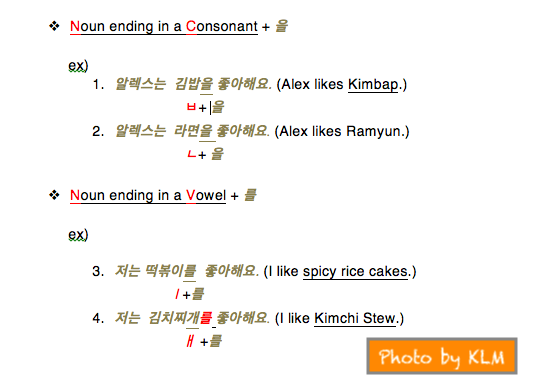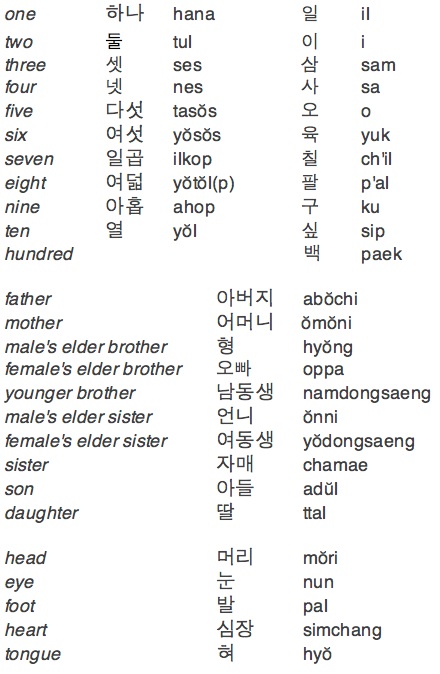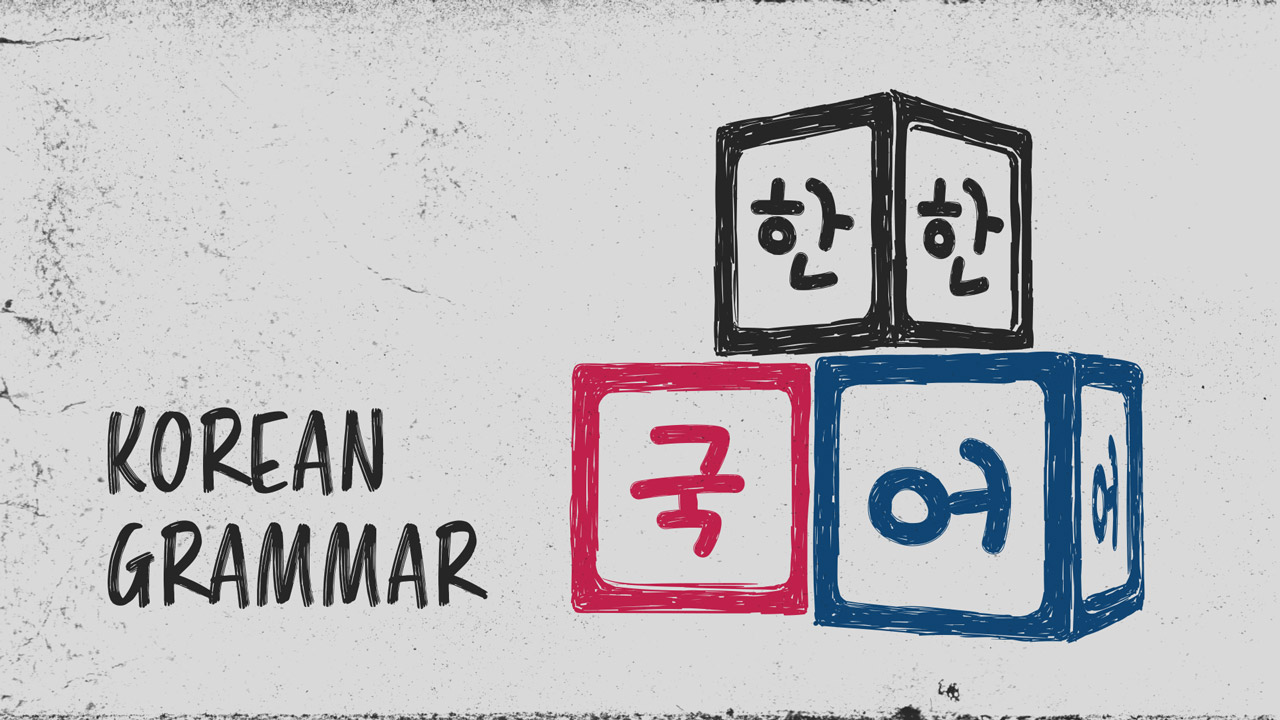
letslearnhangul: Conjunctions in Korean Another grammar day lets learn some simple conjunctions in Korean to help you connect sentences toget… | Sitater, Koreansk

Learn Korean Grammar - ♡📘Korean grammar♡ #문법 🔸#이나🔸 -(이)나 has several meanings, In this case Number+-(이)나. -(이)나 is usually used after a number, it means 'the number is more than the speaker

Korean Grammar Notebook: Learn and Memorize New Grammar Rules and Usage - Blank Customized Notebook To Write In – Size 7x10 – 120 Pages - Korea Heritage Cover: May, May: 9798425387592: Amazon.com: Books
Which are the tenses that Korean grammar has, like present simple, continuous, future, etc., in English? - Quora




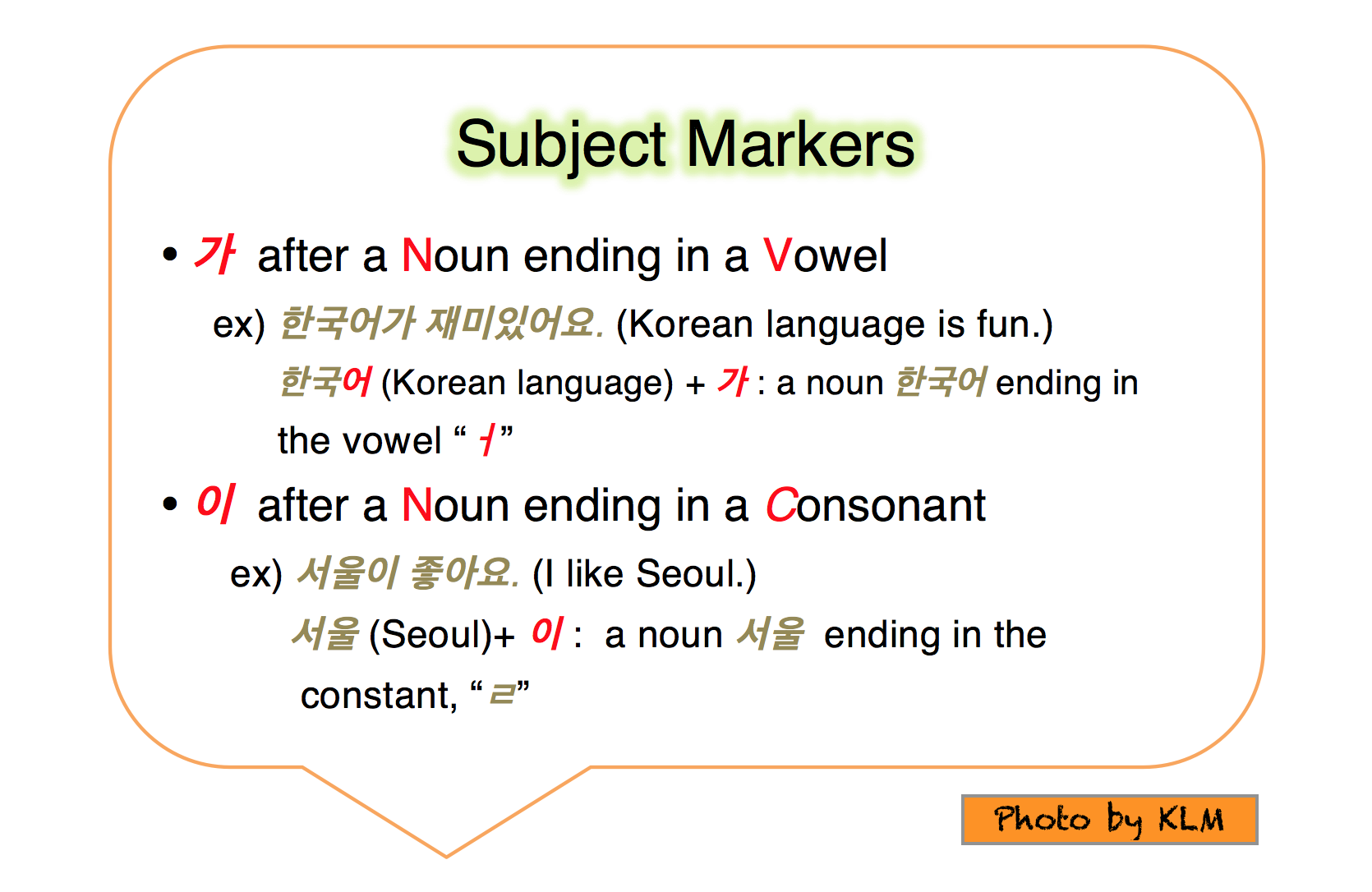



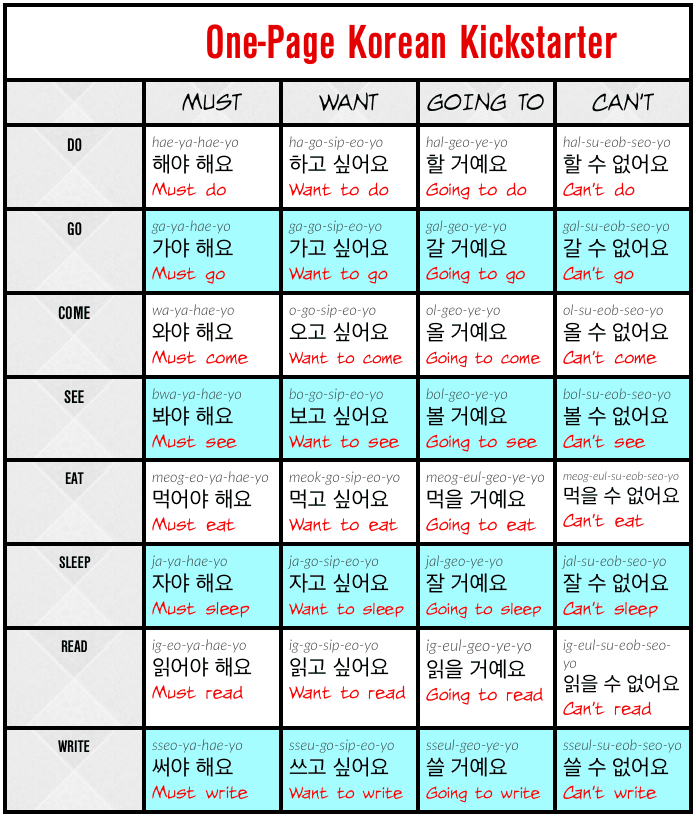
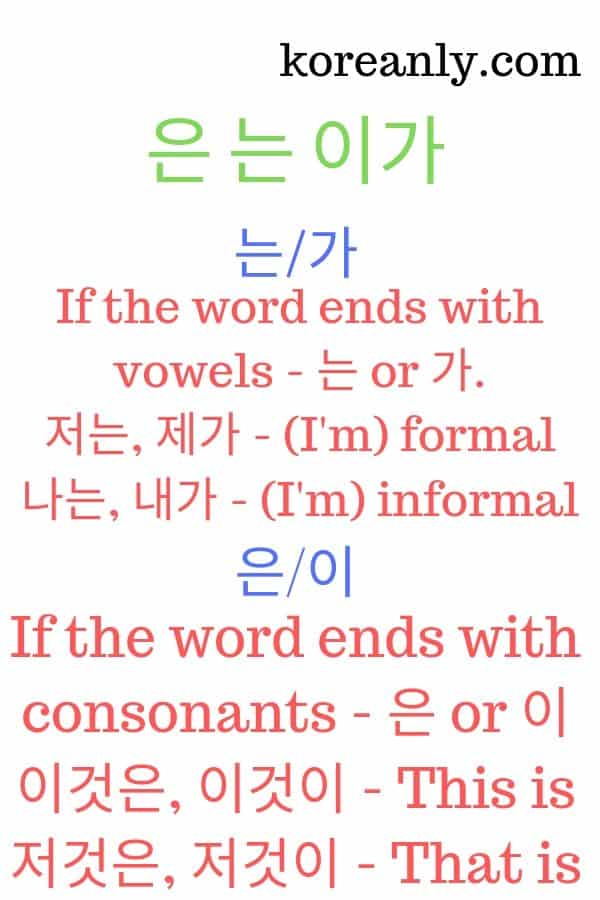

![Korean book review] Korean grammar book in use-Beginning with answers – ♥♥SOSHI LOVE ♥♥ Korean book review] Korean grammar book in use-Beginning with answers – ♥♥SOSHI LOVE ♥♥](https://c1.staticflickr.com/9/8893/18597501475_96c5a2c751_o.jpg)
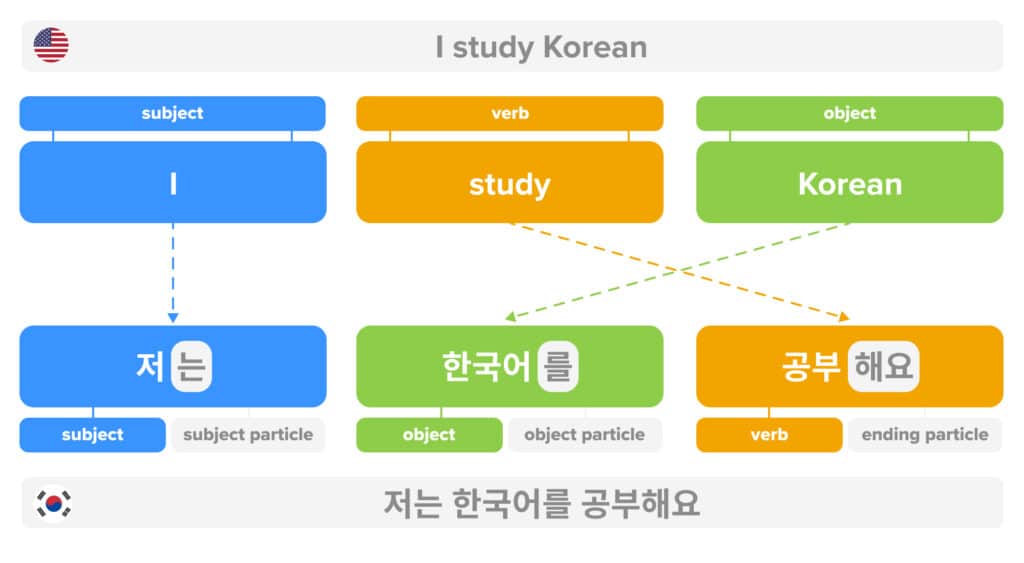
![PDF] Customizing the XTAG system for efficient grammar development for Korean | Semantic Scholar PDF] Customizing the XTAG system for efficient grammar development for Korean | Semantic Scholar](https://d3i71xaburhd42.cloudfront.net/ad17a4bc06ef6622d4b1bcd11ff785e8be467c96/3-Table1-1.png)


